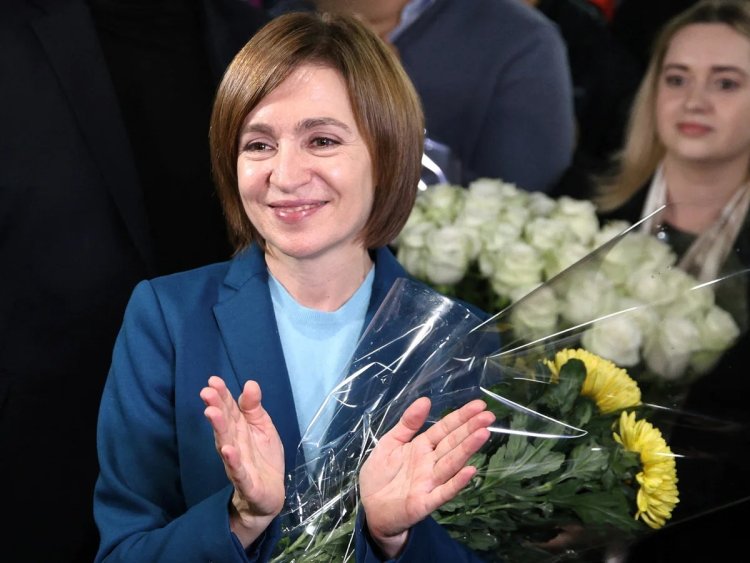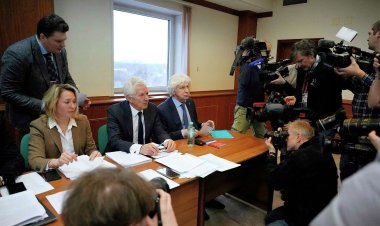Moldova’s President Maia Sandu re-elected with 54%

Moldova's pro-Western President Maia Sandu has secured re-election with 54.35% of the votes, defeating her opponent Alexandr Stoianoglo, who was backed by the pro-Russian Socialist Party. The Central Election Commission announced these results with 98% of ballots counted in an election that was marked by allegations of Russian interference, which Moscow denied.
Sandu, a 52-year-old former World Bank adviser, has championed Moldova's integration with the European Union and movement away from Moscow's influence. In her victory speech, she struck a unifying tone, pledging to be "the president for all" and acknowledging the need to address concerns from both her supporters and opponents.
The election revealed a significant domestic-international divide in voting patterns. While Sandu actually lost within Moldova's borders, receiving 48.8% compared to Stoianoglo's 51.2%, she garnered overwhelming support from the diaspora, winning approximately 80% of overseas votes. This election saw the highest expatriate participation since diaspora voting was introduced in 2010.
The victory holds particular significance given Moldova's strategic position and the ongoing Russian invasion of neighboring Ukraine. Stoianoglo had campaigned on a platform supporting EU integration while advocating for maintaining ties with Russia, a stance Sandu criticized as potentially serving Kremlin interests.
The result comes at a crucial time for Moldova's political future, with parliamentary elections scheduled for next summer that will determine the government's composition. Despite Sandu's presidential victory, Stoianoglo's strong domestic showing suggests her party may face significant challenges in these upcoming legislative elections.
Brussels watched the election closely, particularly following recent developments in Georgia, another ex-Soviet state seeking EU membership, where the ruling party, viewed by some Western observers as increasingly pro-Russian, recently won re-election.















